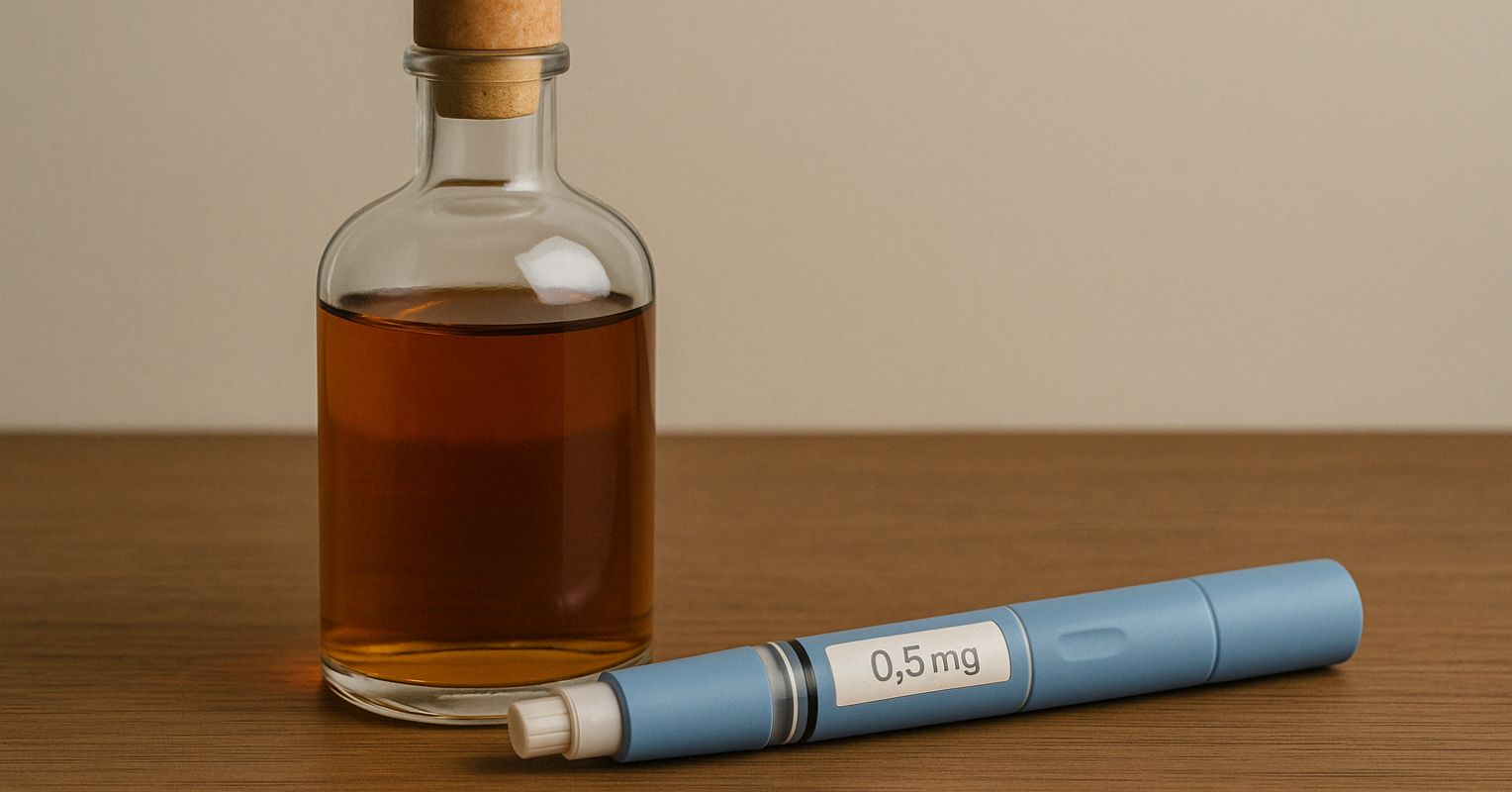
"GLP-1 receptor agonists hold potential for reducing alcohol consumption and cravings, offering promising new paths for those seeking moderation or abstinence in their treatment."
"These medications show effectiveness as adjuncts to traditional therapies in treating Alcohol Use Disorder, addressing both cravings and associated conditions like obesity or diabetes."
Research is exploring the use of GLP-1 receptor agonists, typically used for type 2 diabetes, as potential treatments for Alcohol Use Disorder (AUD). Medications like semaglutide and tirzepatide target appetite and reward pathways, reducing cravings and alcohol intake. Their mechanisms include influencing brain areas linked to reward processing and decreasing dopamine release associated with alcohol. While evidence is emerging, these treatments should complement traditional therapies rather than replace them, benefiting those with coexisting conditions such as obesity and diabetes by offering an additional layer of support in managing AUD.
Read at Psychology Today
Unable to calculate read time
Collection
[
|
...
]